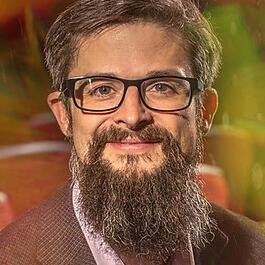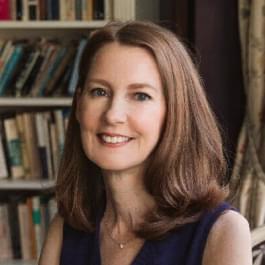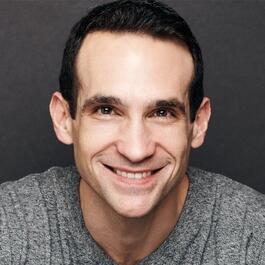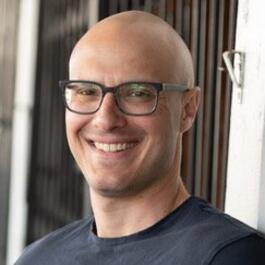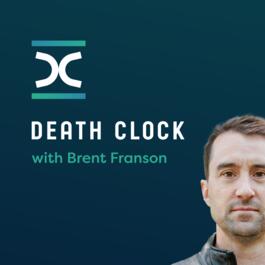
Death Clock
Death Clock is devoted to understanding how transformative life change can add years to your life. Death Clock founder and CEO Brent Franson talks to authors, neuroscientists, psychologists, elite performers, doctors, and leaders to understand the science of behavior change and the daily routines that transform lives.
Show episodes
Happy New Year! We're releasing this week's episode a day early to help you stay on top of your New Year's Resolutions. Our guest this week is Dr. John Norcross, a clinical psychologist and longtime researcher of behavior change. Drawing on decades of research, Dr. Norcross breaks down the science of goal setting, from
To close out 2025, Brent revisits some of the most impactful conversations of the year, highlighting ideas that challenge how we think about health, aging, and prevention. The clips touch on longevity hot spots, heart disease risk, cancer, metabolic health, fitness, supplements, and more. Thank you for a great 2025. We
This week, clinical psychologist and CBT expert Dr. Seth Gillihan returns to the show for a third time to have a conversation about how our thoughts, behaviors, and physical health are deeply intertwined. Drawing on examples from everyday life, Dr. Gillihan explains how cognitive behavioral therapy helps people build a
This week, Brent is joined by Dr. Ziyad Al-Aly, a physician-researcher known for some of the most comprehensive work on long COVID and its long-term impact on the body. Dr. Al-Aly explains what the latest data shows about lingering symptoms, who's most at risk, and how COVID increases the chances of conditions like hea
In this solo episode, Brent takes a step back and explores the mission of Death Clock, reflecting on the journey of the company thus far. He then pulls together the biggest lessons from prior episodes and lays out the core principles experts agree matter most for living longer and staying healthy. He walks through the
This week's guest is William Porter, author of Alcohol Explained. He joins Brent to dismantle the myths that shape our cultural relationship with drinking. Drawing from his own history with addiction and the hyper-logical framework behind his books, Porter explains what alcohol actually does to the brain and body, to i
